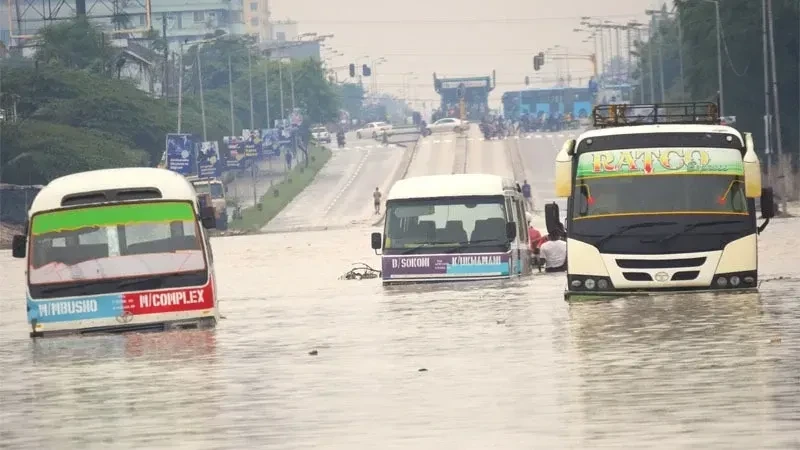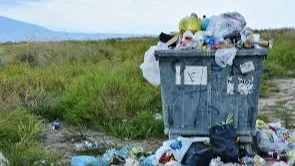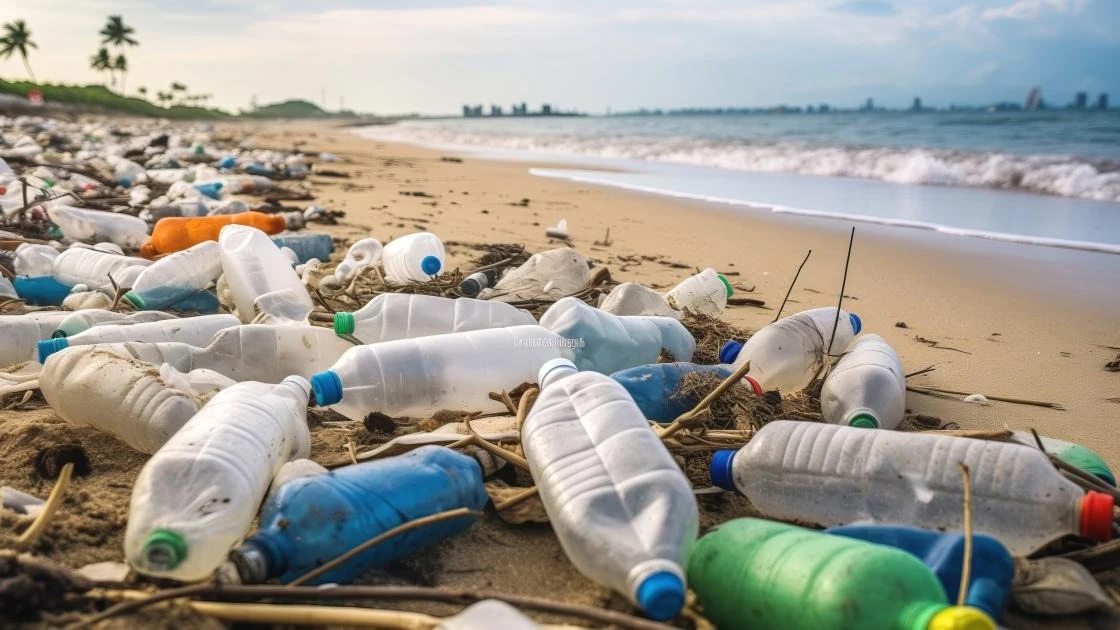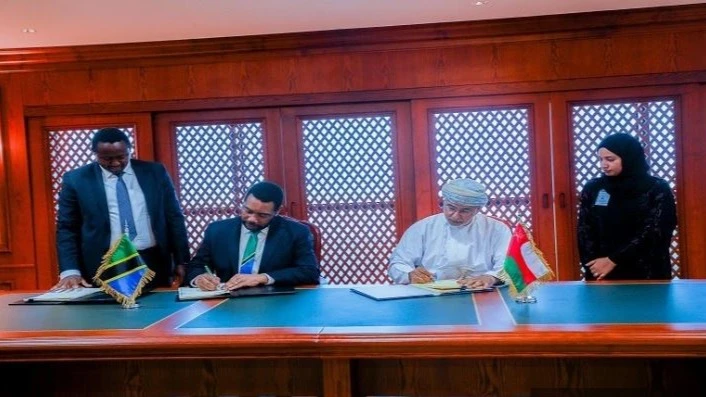Meeting global conservation targets: Biodiversity efforts need gender lens
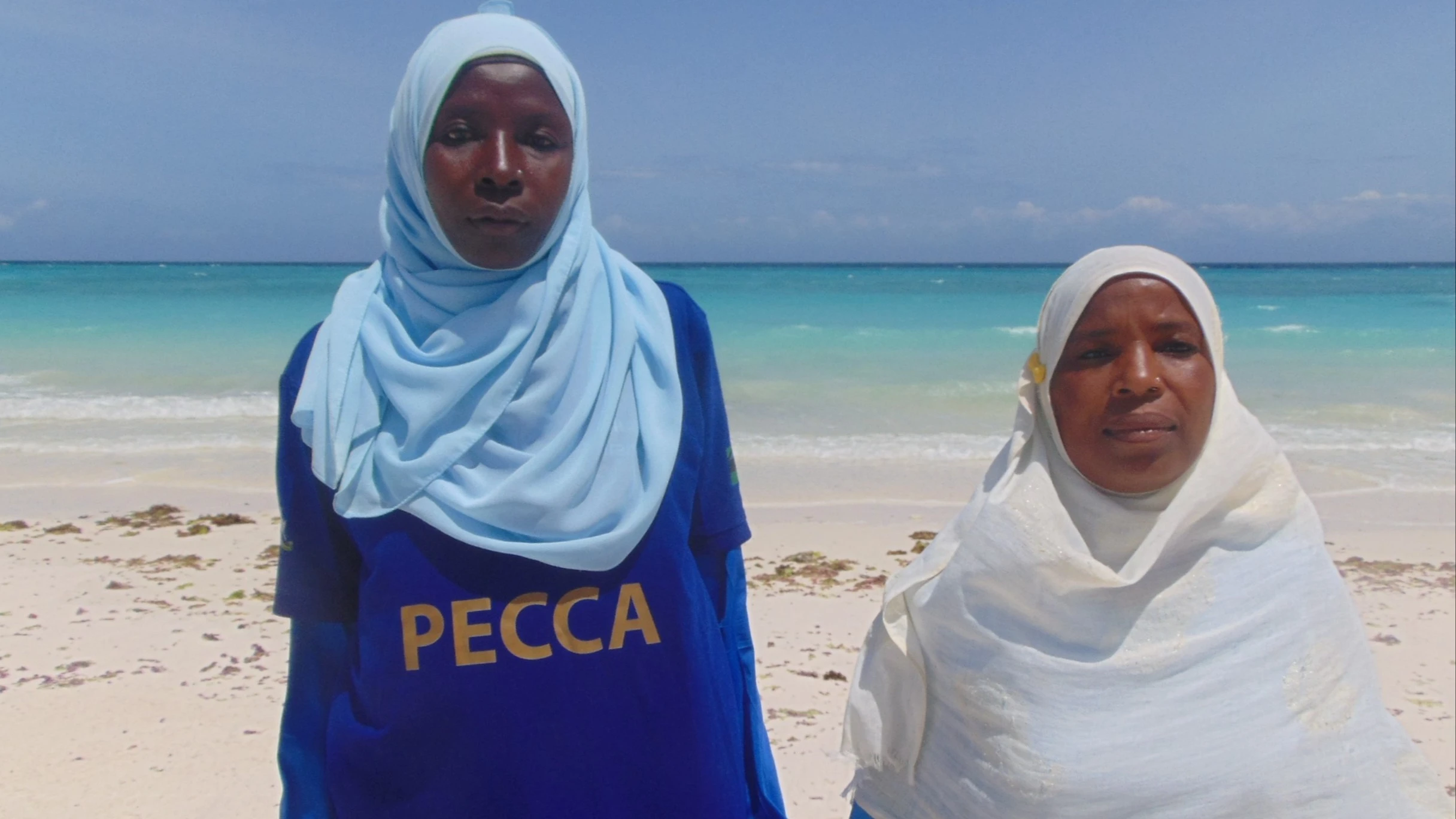
COLOMBIA’S city Cali is hosting this year’s edition of the United Nations Biodiversity Conference of the Parties to the UN Convention on Biological Diversity (CBD CoP 16), which is scheduled to run from October 21 to November 1.
With the event in progress, much attention is rightly focused on the global leaders attending it and otherwise following the proceedings – most particularly their pledges to safeguard nature.
However, it’s equally important to celebrate the hard work of conservationists, activists and enforcers on the ground – those whose daily work is vital to achieving these goals.
Among them are two remarkable women from Pemba Island in Tanzania who are dedicated to preserving the vibrant marine ecosystems that sustain their community.
Asha Juma Khamis and Asha Bakar Mtwana are marine rangers with Blue Alliance Marine Protected Areas patrolling the North Pemba Channel Conservation Area (PECCA) in Zanzibar. Their mission: to protect one of the world’s most biodiverse marine ecosystems.
These ecosystems are essential for local livelihoods, making the rangers’ work critical not just for nature but also for their community’s well-being.
PECCA is home to over 40 threatened marine species, including the Napoleon wrasse, endangered green and hawksbill sea turtles and the Indian Ocean humpback dolphin.
Pemba Island hosts 50 per cent of Tanzania’s coral reefs and the northern part of PECCA, managed by Blue Alliance, spans about 27,000 hectares of coral reefs, mangroves and seagrass beds.
The island’s unique location, benefiting from cool water upwellings from the deep Pemba Channel, provides potential refuge for coral reefs from climate change.
Blue Alliance PECCA is an integral part of GFCR coalition and, in collaboration with Zanzibar’s Blue Economy and Fisheries ministry, enhances compliance with fishery and environmental laws in northern PECCA.
This is implemented through surveillance, community engagement and the enforcement of fisheries legislation all meant to combat destructive practices.
Regular joint patrols, including local police, the military and Shehia fishing committee enforcers as well as Blue Alliance PECCA rangers, ensure marine protection.
Living in the Makangale area of North Pemba, the two women work tirelessly as part of Blue Alliance PECCA’s enforcement team. Their daily efforts include impounding removing illegal fishing nets and educating local fishers on sustainable practices.
On land, they patrol beaches and mangrove forests, teaching the community the importance of catching fish and octopuses at the right sizes to avoid overharvesting.
They also monitor Crown of Thorns Starfish (CoTS), protect sea turtle nests and raise awareness of key conservation challenges.
For both women, conservation is personal. Asha Juma, a former fisher and now a farmer, joined Blue Alliance after witnessing the negative impact of overfishing.
She reports: “Before becoming a ranger, I didn’t understand conservation issues, but now I see how it can help our community.”
A mother of six, farmer and fisher, she juggles multiple responsibilities while serving as a ranger. “My day starts on the farm and, after home activities, I check the area for plastics and waste, then join patrols,” she explains.
However, the duo’s journey hasn’t been easy. In a society where women are often excluded from such roles, Asha Juma and Asha Bakar have faced scepticism and hostility.
“Some people view my work negatively, thinking I’ll adopt bad manners because I work with men. They even see me as an enemy because I strive to stop illegal fishing,” says Asha Juma.
Asha Bakar meanwhile adds: “We receive bad words from some people; sometimes they even throw stones at us.”
In one particularly harrowing incident, both women were kidnapped by local fishers angered by their enforcement efforts. Fortunately, police rescued them.
Blue Alliance PECCA has joined forces with local enforcement partners in implementing a conflict resolution mechanism involving dialogue and agreements with offenders. This is chiefly to prevent a recurrence of such disputes or skirmishes.
Yet, the two women remain undeterred. “Before I became a ranger, I was a fisher. But when I saw how overfishing was affecting us, I knew something had to change. That’s why I joined Blue Alliance,” says Asha Juma explains.
She elaborates: “I wasn’t aware of conservation issues before this, but now I understand that it can help our community improve its income.”
Their dedication is already yielding results: fish populations are recovering which, in turn, is improving the livelihoods of local fishers.
The importance of integrating women into conservation efforts cannot be overemphasized. The International Union for Conservation of Nature (IUCN) reports that biodiversity goals are more likely to be achieved when women participate in conservation decision-making.
The agency says women’s unique perspectives, often rooted in traditional knowledge and community links, make women essential in managing natural resources.
By challenging gender norms and demonstrating the power of female leadership in conservation, women like Asha Juma and Asha Bakar are paving the way for more inclusive, effective and sustainable environmental efforts.
As the world discusses biodiversity goals at CoP 16, it is crucial to recognize that achieving these targets requires a gender perspective.
Women are more than only natural custodians of the environment, as their leadership in conservation is critical for the long-term success of biodiversity protection initiatives.
* Olivia Grubenmann is Blue Alliance communications manager and a published author with experience at leading media outlets, including Switzerland’s national TV and radio company.
By Olivia Rahel Grubenmann
Top Headlines
© 2025 IPPMEDIA.COM. ALL RIGHTS RESERVED






